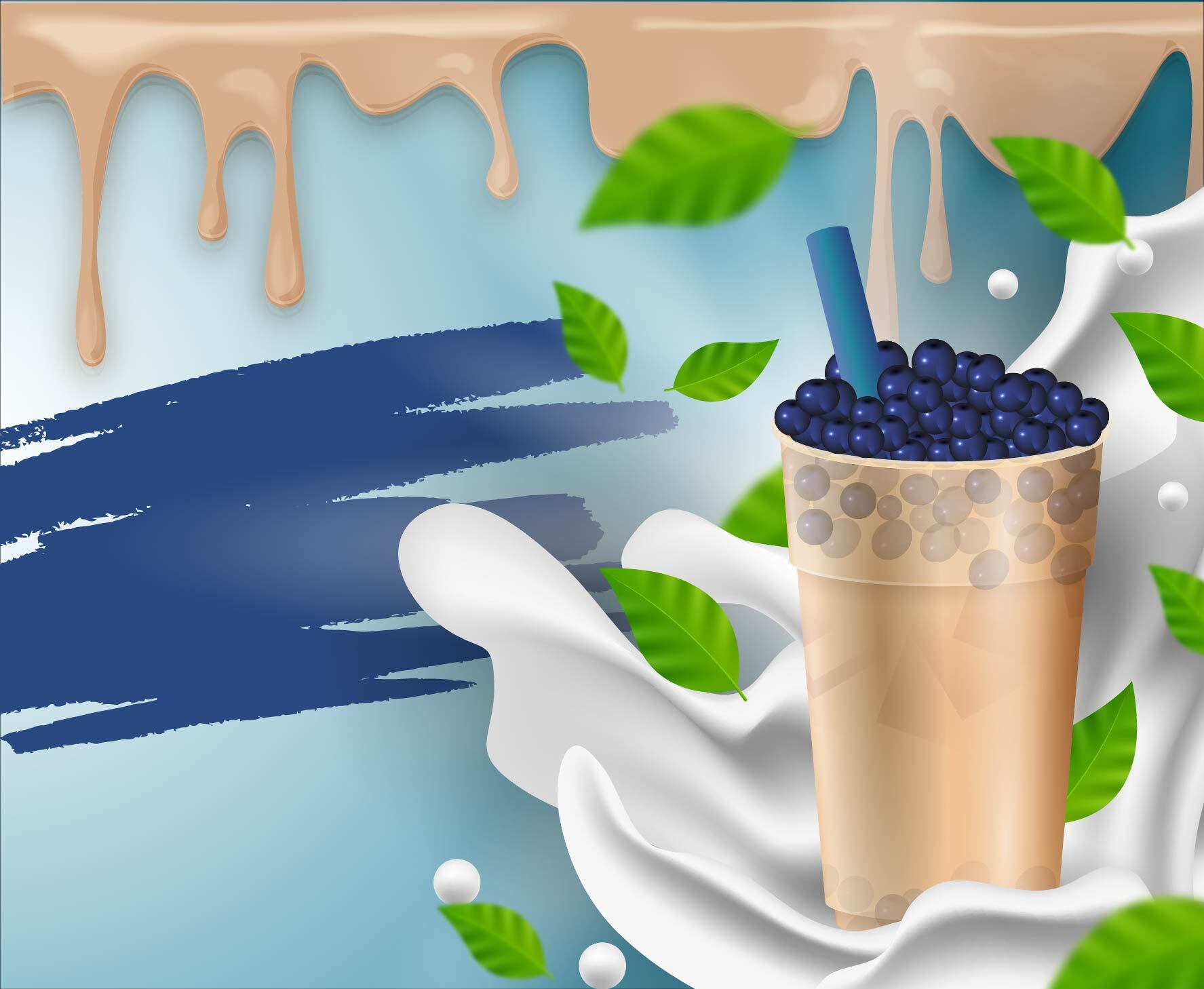Aided Recall vs Emotional Bonding: Why One Bubble Tea Brand Keeps Winning in Hong Kong

The bubble tea market in Hong Kong has evolved from a youth-centric fad to a multi-demographic daily indulgence. With over 200 active bubble tea outlets across the city, competition is intense, and brand differentiation is increasingly rooted in perception, emotional affinity, and innovation. This study, conducted across n = 1,000 respondents aged 15–45, focused on unaided recall, aided recall, top-of-mind awareness, brand attributes, emotional connection, and personality perception.
Unaided & Aided Brand Recall
Unaided recall pertains to the brands that consumers can recall without any prompts. Leading in this category were The Alley (23%), followed by Tiger Sugar (19%), and Gong Cha (17%), with notable mentions for Heytea and Yifang. It was observed that younger respondents, specifically those aged 15 to 24, were more likely to mention trend-driven brands such as The Alley or Heytea, while adults aged 30 to 45 showed a preference for more established brands like Gong Cha.
In terms of aided recall, the figures were understandably higher. When provided with a list of popular brands, Gong Cha achieved the highest recognition at 78%, followed by The Alley at 74%, Tiger Sugar at 66%, and Heytea at 61%. Interestingly, although CoCo and Sharetea did not feature prominently in unaided recall, they performed well in aided recall, indicating a level of latent awareness despite a lower presence in spontaneous brand recognition.
For further details write your queries at: sales@marksparksolutions.com
Top-of-Mind Recall
When participants were prompted to identify the first brand that came to mind, The Alley emerged as the leader with 21%, followed closely by Gong Cha at 18% and Tiger Sugar at 14%. These brands were predominantly recognized for their unique aesthetics, consistent flavor profiles, and visibility through influencers. Notably, The Alley has capitalized on its Instagram-worthy store designs and distinctive cup styles.
Brand Perception Attributes
Consumers ranked brands across attributes like Taste, Packaging, Menu Innovation, Store Aesthetic, and Value for Money. The breakdown is summarized below:
Emotional Connection & Brand Personality
Brands such as The Alley and Heytea have been recognized for their strong emotional appeal, particularly among Gen Z consumers. The Alley is often described as “stylish,” “youthful,” and “on-trend,” while Heytea receives accolades for its “cool factor” and innovative menu selections. In contrast, Gong Cha is known for its reputation for reliability and familiarity, appealing to consumers who view the brand as synonymous with “comfort,” “dependability,” and “everyday indulgence.” Meanwhile, Yifang promotes a more traditional Taiwanese identity, fostering emotional connections centered around heritage and authenticity, especially among older Millennials.
Using Aaker’s Brand Personality Framework, the following mapping was derived:
Perception vs Brand Positioning
The gap between intended brand positioning and perceived image was narrow for The Alley and Heytea, confirming strong branding alignment. However, Tiger Sugar, which aims for a premium, artisanal feel, was often perceived as “mainstream” due to over-saturation and pricing misalignment. Similarly, Sharetea intended to project a playful and innovative identity but was frequently viewed as outdated or “standard.”
The emotional and sensory connections that consumers in Hong Kong establish with bubble tea brands are profoundly personal and intricate. For many individuals, particularly those aged 18 to 29, bubble tea is perceived as more than just a beverage; it encompasses a lifestyle symbol, a status indicator, and a mood enhancer.
Brands like The Alley are recognized for providing an experiential rather than merely transactional engagement. Customers describe their visits to The Alley stores as opportunities not only to purchase a drink but also to enjoy the ambiance, stating, "It’s a place to chill, post, and show off." This illustrates how the brand has effectively integrated physical space, design, and product to create a cohesive emotional experience.
In contrast, Heytea heavily capitalizes on innovation and excitement. Young professionals frequently mention Heytea as a brand that consistently introduces “something new,” ranging from cheese-foam teas to salted plum blends. The thrill associated with sampling a new Heytea product mirrors the tech industry's culture of being first, fostering a strong recall loop driven by anticipation and novelty.
Legacy brands such as Gong Cha evoke emotional connections for different reasons. Many customers recall their “first bubble tea” as having come from Gong Cha, and this nostalgia translates into brand loyalty, particularly among consumers over 30, who regard Gong Cha as the "safe choice" a brand that consistently meets expectations.
CoCo, while not as trend-driven, earns recognition for its accessibility and dependability. Several consumers refer to CoCo as the “weekday treat” or their “go-to when craving something quick and sweet.” The emotional bond with CoCo is established through its association with low-effort comfort.
Among more niche brands like Yifang, themes of authenticity and cultural connection emerge frequently. With its foundation in Taiwanese fruit teas and traditional recipes, Yifang appeals to consumers who seek a link to their cultural roots or a respite from artificial ingredients. It is perceived as a thoughtful choice rather than a trend-chaser, particularly among health-conscious drinkers.
In conclusion, this qualitative understanding reinforces broader perception data: consumers in Hong Kong do not merely recall bubble tea brands; they engage with them based on aspirations, memories, convenience, or cultural alignment.
No FAQs available at the moment.